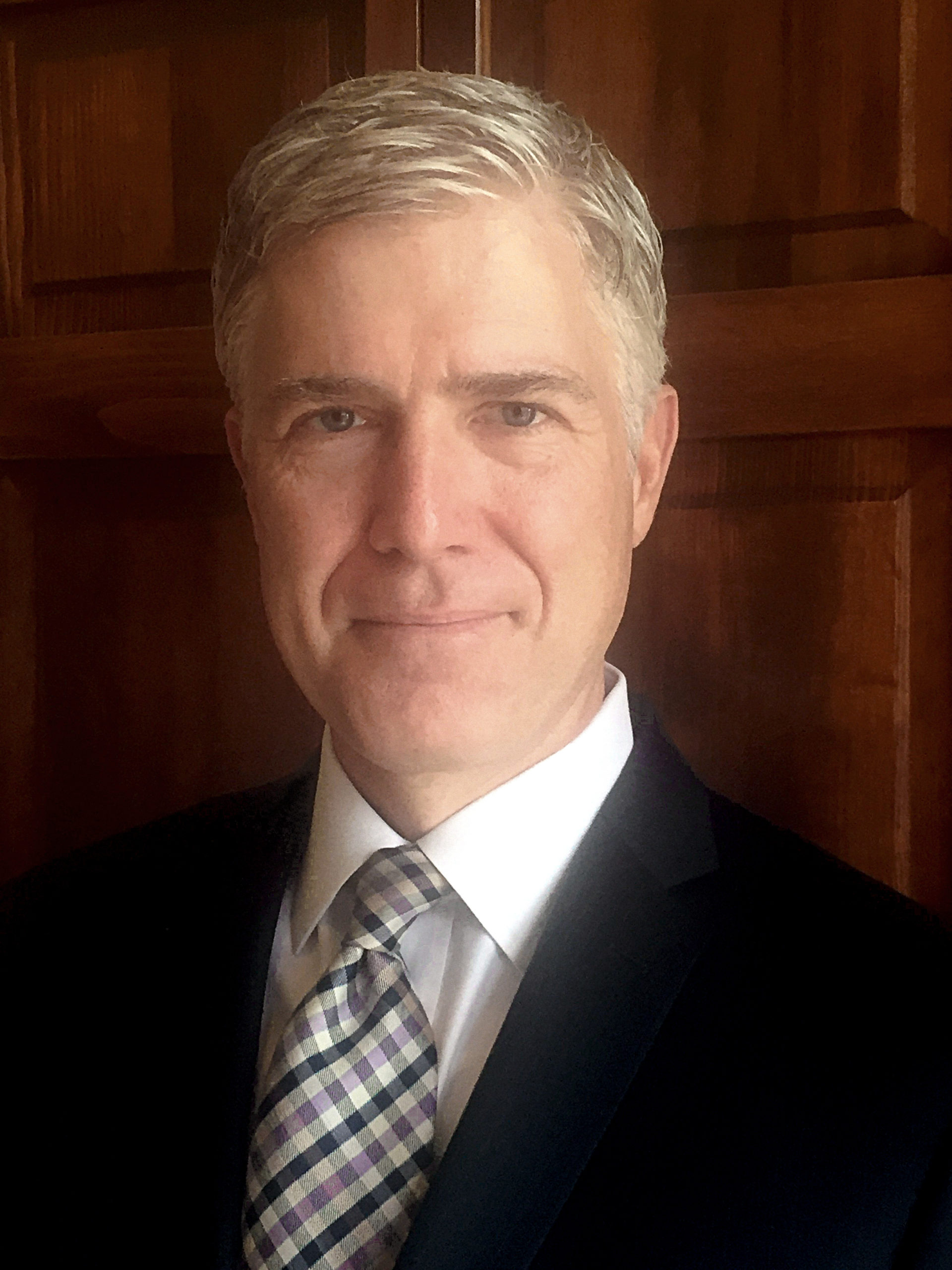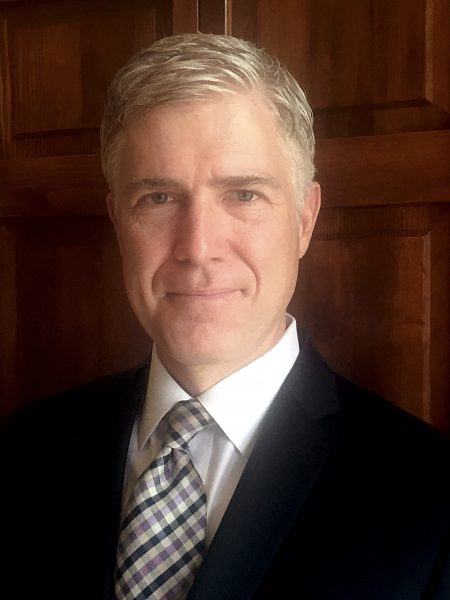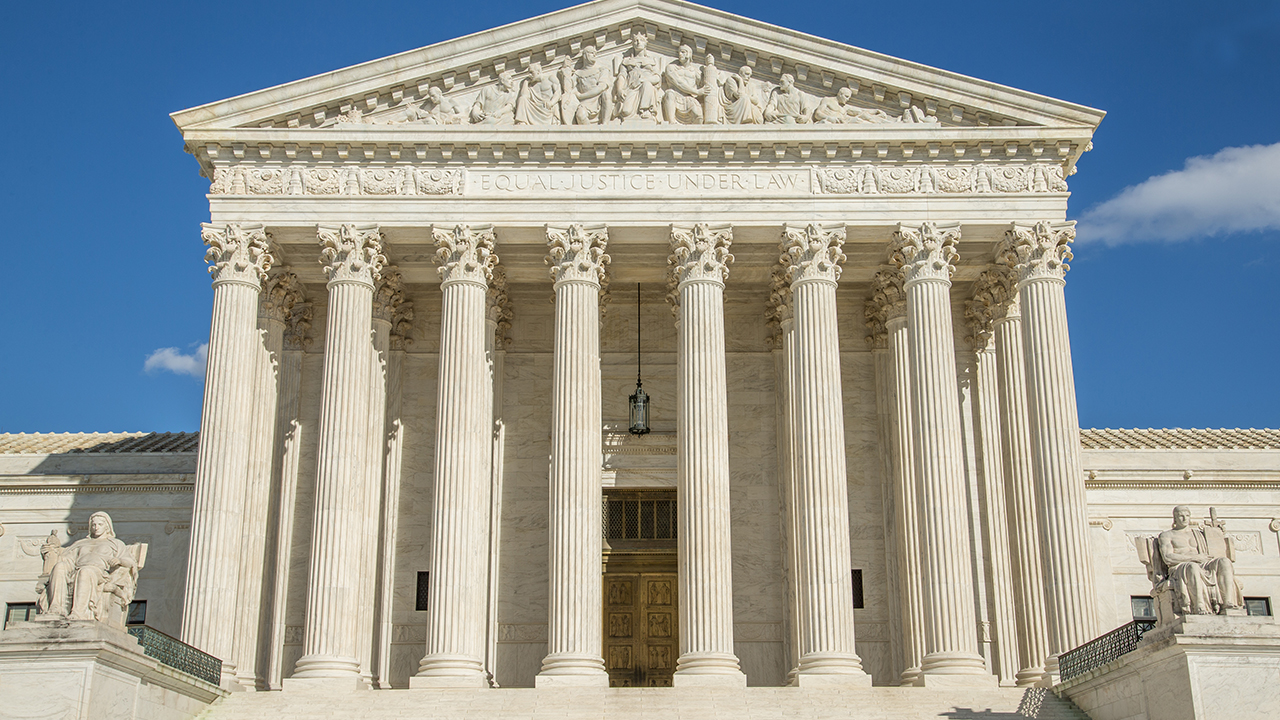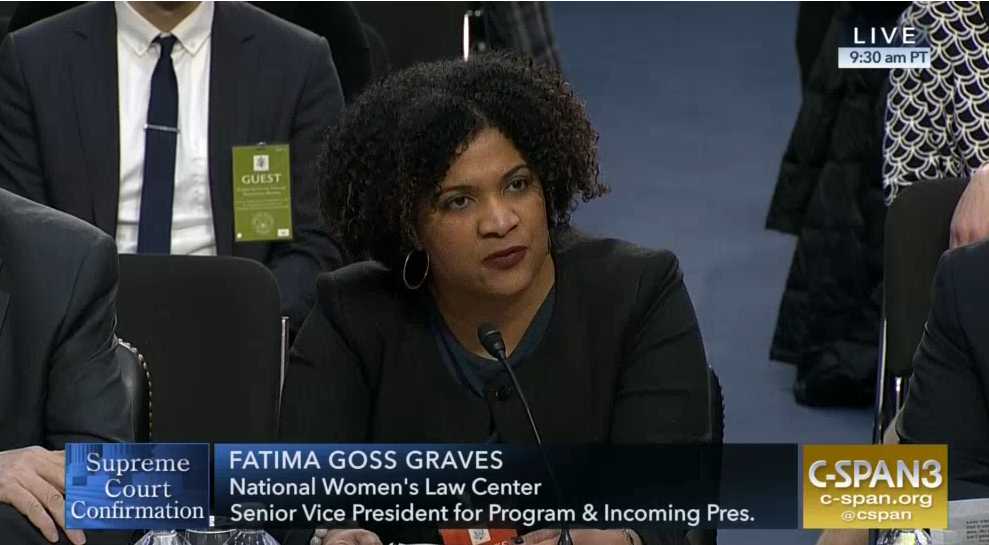President Trump’s Promise That Supreme Court Nominee Judge Neil Gorsuch Is In the Mold of Justice Scalia Spells Trouble for Women


When President Trump nominated Judge Neil Gorsuch to fill the seat left vacant by the death of Justice Antonin Scalia, he promised to nominate a justice “in the mold” of Justice Scalia. What does that mean for women, you may ask? Well, let us break it down for you.
- Justice Scalia strongly supported overturning Roe v. Wade and voted to uphold virtually every barrier states passed to stop women’s access to He joined opinions over the years that stated that Roe had no basis in the Constitution, was wrongly decided, and should be overturned. He wrote that Roe v. Wade should be “assigned its rightful place in the history of this Court’s jurisprudence beside Korematsu [a case approving the internment of Japanese Americans during World War II] and Dred Scott [a case in which the Court approved of slavery].”[1] Notably, these cases were overturned by later Supreme Court decisions.
- Justice Scalia voted against now longstanding effective protection of women from government-sponsored sex discrimination under the Equal Protection Clause of the 14th Amendment. Among other things, his legal approach would have allowed women to be purposefully excluded from juries and barred from public higher educational institutions based on gender stereotypes.
- Justice Scalia voted for severe limits on statutory protections against sex discrimination, including women’s right to equal pay and promotions. For example, Justice Scalia voted to reverse longstanding antidiscrimination law in the equal pay case, Ledbetter v. Goodyear Tire; wrote a decision that erected barriers to employees’ right to come together as a group to challenge companywide discrimination in Wal-Mart Stores, Inc. v. Dukes; and wrote a dissent in Young v. UPS arguing that an employer did not discriminate on the basis of pregnancy when it denied pregnant workers accommodations provided to injured or disabled workers similar in their ability to work.
- Justice Scalia sought to limit Congress’s ability under the Constitution to pass legislation to provide family and medical leave. In Nevada v. Hibbs (2003), Scalia dissented from the majority’s holding that, because of Congressional intent to address sex discrimination, Congress had the authority to require state employers to be liable for damages for violations of the Family and Medical Leave Act (FMLA).
- Justice Scalia opposed university efforts aimed at remedying discrimination on the basis of race or sex or enhancing diversity. In the landmark case Grutter v. Bollinger (2003), Scalia dissented, ridiculing the University of Michigan Law School’s goal of achieving cross-racial understanding and preparing its students for a diverse workforce and society; Scalia wrote that these are not really “educational benefits” at all.
- Justice Scalia was a vocal opponent of antidiscrimination protections for LGBTQ individuals. Scalia dissented from the Court’s invalidation of an amendment to the Colorado state constitution that barred any laws providing antidiscrimination protections to people on the basis of sexual orientation, conduct, practices or relationships; dissented in Lawrence v. Texas (2003), which held that state criminal sodomy laws violated the Constitution; and in Obergefell v. Hodges (2015), which held that state bans against marriage equality violate the Constitution.
If confirmed, Judge Gorsuch, currently age 49, could serve on the Supreme Court for decades, perpetuating Justice Scalia’s harmful legal approach on a whole host of constitutional and statutory protections of vital importance to women. The country needs justices on the Supreme Court who respect the core constitutional values of liberty, equality, and justice for all. President Trump’s promise to select a nominee in the mold of Justice Scalia, whose legal views and approach to interpreting the Constitution would eviscerate vital legal rights and protections for those who turn to the courts for fairness, most especially endangers women. With his nomination of Judge Neil Gorsuch, we should take President Trump at his word.
[1] 530 U.S. 914, 953 (2000) (Scalia, J., dissenting).




